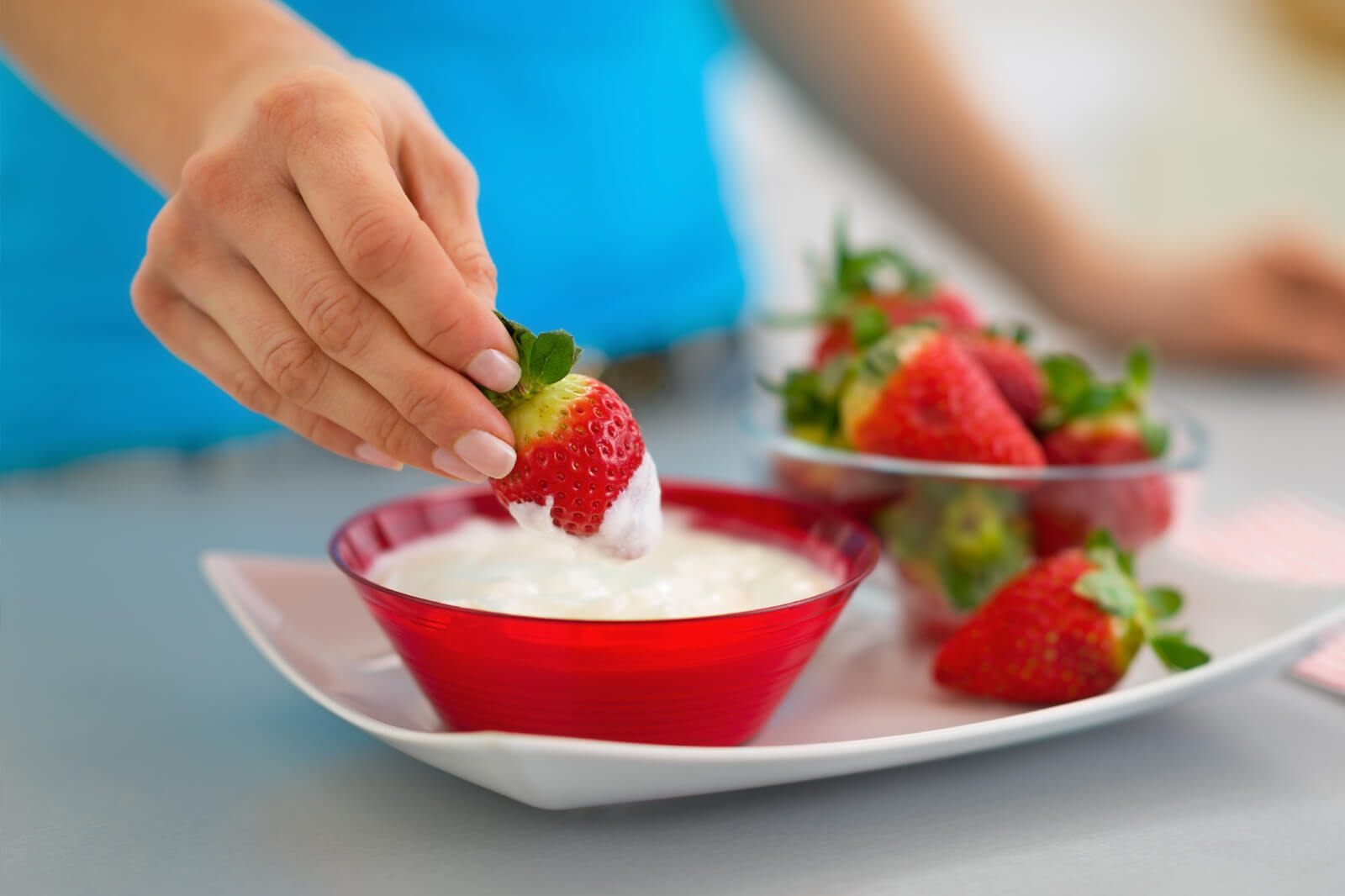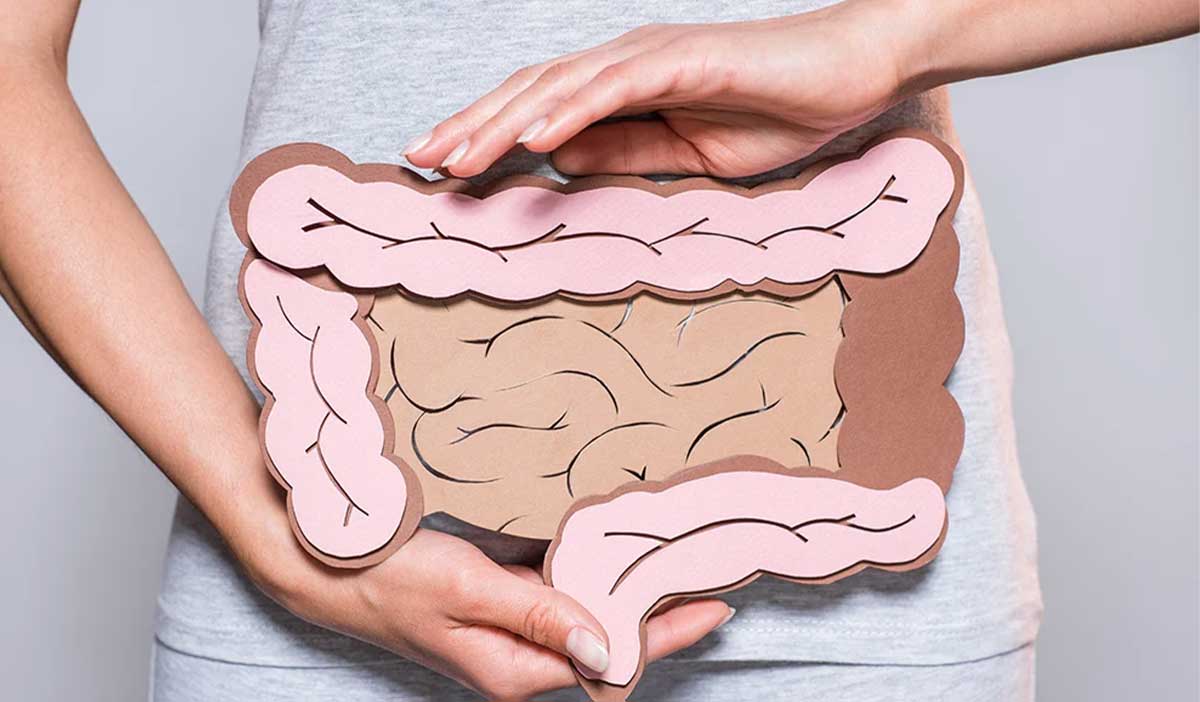When it comes to bacteria you hear a lot about disease-causing germs, but some types—like probiotics—are thought to offer health benefits.
Given all of the recent hype around probiotics, you might be wondering: “Should I be eating more of them?” Unfortunately, probiotics are still being studied so the answer isn’t black and white—yet.
Read on to learn more about how probiotics are purported to enrich gut health and ways you can add this bacteria to add to your diet.

Get tips for cleaning up your diet
What do probiotics do in your body?
Probiotics are a popular kind of “friendly” bacteria. Some strains are more beneficial than others and researchers are still working to figure out all of the details, but most agree that these live microorganisms can improve your digestive health and ease symptoms of inflammatory bowel diseases.
After entering your body, probiotics make themselves at home in your intestines. Once there, they get to work killing off harmful bacteria and boosting your immune system by synthesizing minerals and creating helpful enzymes and vitamins.
The two categories of probiotics are:
- Lactobacillus
- Bifidobacterium
Even if you don’t have any pre-existing gut health issues, probiotics are considered helpful for most people most of the time. Some early research has shown that they can help prevent inflammation, alleviate allergies, improve symptoms of depression, and more.
Did you know … the probiotics in breast milk help enhance a baby’s immune system? Choosing how to feed your new baby is a big decision. Learn more if breastfeeding is right for you
Examples of probiotic-rich foods
You can get probiotics by taking over-the-counter, FDA-regulated dietary supplements or by including foods that are fortified or naturally probiotic-rich as part of your diet. Some of the most common foods that have probiotics include:
- live-cultured yogurt,
- kombucha,
- raw green peas,
- fermented foods (like green pickles and sauerkraut—if not made with vinegar or cooked),
- some cheeses (such as cheddar, provolone, feta, and Gouda),
- miso soup, and
- even some types of sourdough bread!
Do you need to take probiotics?
Now that you know a bit about the alleged benefits of probiotics, you’re probably starting to wonder what exactly you should be eating and how you need to change your diet.
Before you consider using probiotics as a cure-all for what ails your gut health, look at what other types of health-promoting changes you can make to help your digestive system. In many cases, getting the right balance of vegetables, fruits, grains, and proteins will give your gut all the nutrition it needs to function.
Learn 5 ways to add more fruits and veggies to your diet
While it’s true that many people report getting some benefits from probiotics, making significant changes to your diet can disrupt the natural balance of the bacteria that live in your body, triggering allergic reactions or other harmful side effects—especially if you have a weakened immune system.
Since all the ways probiotics can impact your body is still being studied, please consult your doctor first if you’re looking to add more of this type of bacteria to your diet. They will work with you to figure out how probiotics might help you build better health (and help you avoid any unintended consequences from loading up on probiotic-filled foods or taking probiotic supplements).
You might also like:
- What is leaky gut syndrome?
- Signs you might have a kidney stone
- What does pelvic pain mean?
- How do you know if you have inflammatory bowel disease?




